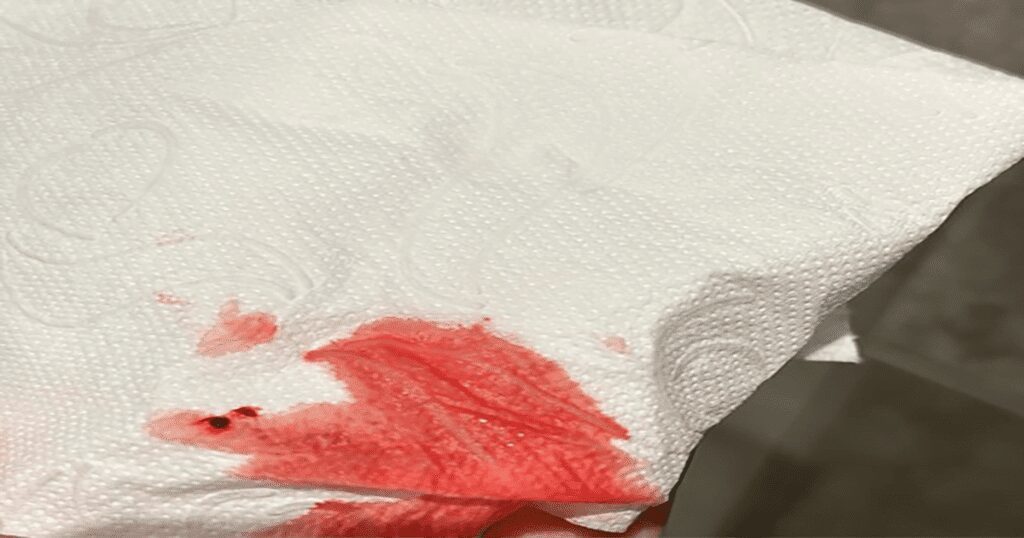Blood loss during pregnancy: what you need to know
When you're pregnant, there can be many questions and concerns, especially when it comes to blood loss. In this blog post we discuss the topic of bleeding during pregnancy, what it can mean and what you should do if you encounter it.
Causes of blood loss in pregnancy
About 1 in 5 women experience bleeding from the vagina in the first 12 weeks of pregnancy. This can have several causes:
- Implantation bleeding: The fertilized egg implants in the lining of the uterus.
- Tear at the anus: This can be done by straining during stool.
- Sex: The inside of your vagina has better blood circulation during pregnancy.
- Inflammation of the cervix: This can also lead to minor blood loss.
- Miscarriage: Blood loss during pregnancy can be caused by a miscarriage.
The chance of a miscarriage
Although blood loss is often harmless, in some cases it can indicate a miscarriage. The risk of miscarriage increases with age:
- Up to 35 years: 10% chance
- Between 35 and 40 years: 20% chance
- Between 40 and 45 years: 33% chance
- Above 45 years: 50% chance
Symptoms of a miscarriage often include blood loss in combination with cramps in the lower abdomen. Once the miscarriage is complete, you will notice that the abdominal cramps decrease and at the same time the blood loss decreases.
Blood loss after the first echo
Have you already had an ultrasound and could the baby's heartbeat be heard? Then there is a good chance that the blood loss does not indicate a miscarriage. The chance that the pregnancy is successful after an ultrasound in that case is approximately 95%.
What to do in case of blood loss
It is important to always contact us in case of blood loss, even if you have already had an ultrasound. We will ask you about the amount of blood loss. If we think that the blood loss is extensive, or if we have any doubts about this, we will ask you to come to the practice or we will visit you. It may be helpful to take a photo of the bleeding and keep a sanitary towel so we can see how much bleeding you have had and what color the blood is.
Important to remember
- Bleeding in early pregnancy is common and not always a sign of something serious.
- The risk of miscarriage varies and increases with age.
- Always contact us in case of blood loss, so that we can adequately assess your situation.
Conclusion
Blood loss during pregnancy can be worrying, but it is often not serious. It is important to be alert to your body and always contact us if in doubt. We understand that blood loss causes anxiety, so we want to be there for you.








